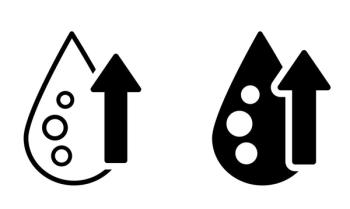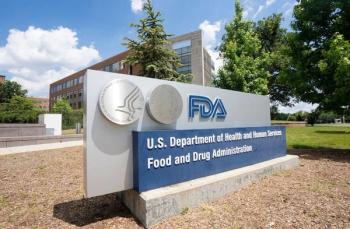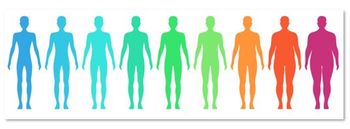
New Cholesterol Test Eliminates Need for Fasting
Routine fasting for cholesterol tests could be eliminated by adopting a newer method for determining LDL cholesterol, according to a new study.
Routine fasting for cholesterol tests could be eliminated for most people by adopting a newer method for calculating low-density lipoprotein (LDL) cholesterol, according to a new study.
The novel method of LDL cholesterol estimation uses a flexible approach to derive patient-specific ratios of triglyceride to very low-density lipoprotein-cholesterol levels. This adaptability may confer an accuracy advantage in non-fasting patients over the fixed approach of the classic Friedewald method.
The researchers published their
“Although the new LDL calculation method is a bit more complex,” explained senior author Seth Martin, MD, Assistant Professor of Medicine at the Johns Hopkins University School of Medicine. “The beauty is that it can be performed using information that is already collected in the blood sample for the standard lipid profile and automated in the lab’s computer system to give a more accurate result. Since non-fasting samples are now accurate,” he added, “it’s more convenient for patients because they can come in anytime and don’t need to return for a second appointment if they have eaten.”
The new method uses this equation: total cholesterol minus high-density lipoprotein cholesterol minus triglycerides divided by a specific value from a chart that includes 180 different factors to personalize the assessment. The time to provide results and costs to administer are similar to the Friedewald method.
Martin and colleagues used a cross-sectional sample of 1,545,634 patients (959,153 patients fasting for 10 to 12 hours and 586,481 non-fasting patients), average aged 55 years, from the Very Large Database of Lipids study to assess the accuracy of the novel method. Rapid ultracentrifugation was used to directly measure LDL cholesterol content.
In both fasting and non-fasting samples, accuracy was higher with the novel method across all clinical LDL cholesterol categories (range: 87%-94%) compared to Friedewald estimation (range: 71%-93%).
For patients with LDL cholesterol levels below 70 mg/dL, non-fasting accuracy was superior (92%) with the novel method as compared to the standard method (71%). In this LDL cholesterol range, 19% of fasting and 30% of non-fasting patients had differences of 10 mg/dL or higher with the Friedewald method, while only 2% of fasting and 3% of non-fasting patients had differences with the novel method.
Also, the accuracy in these patients decreased as triglycerides increased, particularly for the Friedewald estimation (37%-96%) as compared to the novel method (82%-94%), and for patients with triglycerides of 200-399 mg/dL, in non-fasting patients the novel method was more accurate (82%) than the Friedewald method. In this triglyceride range, 73% of fasting and 81% of non-fasting patients had 10 mg/dL or higher differences between the Friedewald method and direct measurement as compared to 25% and 20% of patients, respectively, with the new method.
“Because of our study, clinicians and patients can make better decisions because they are armed with more precise test results when using our cholesterol calculation method without fasting,” said Martin. “Clinicians who are still using the Friedewald method must exercise more caution in interpreting the results, but in the meantime they can use our smartphone app (
References:
Sathiyakumar V, Park J, Golozar A, et al.
Newsletter
Enhance your clinical practice with the Patient Care newsletter, offering the latest evidence-based guidelines, diagnostic insights, and treatment strategies for primary care physicians.

































































































































